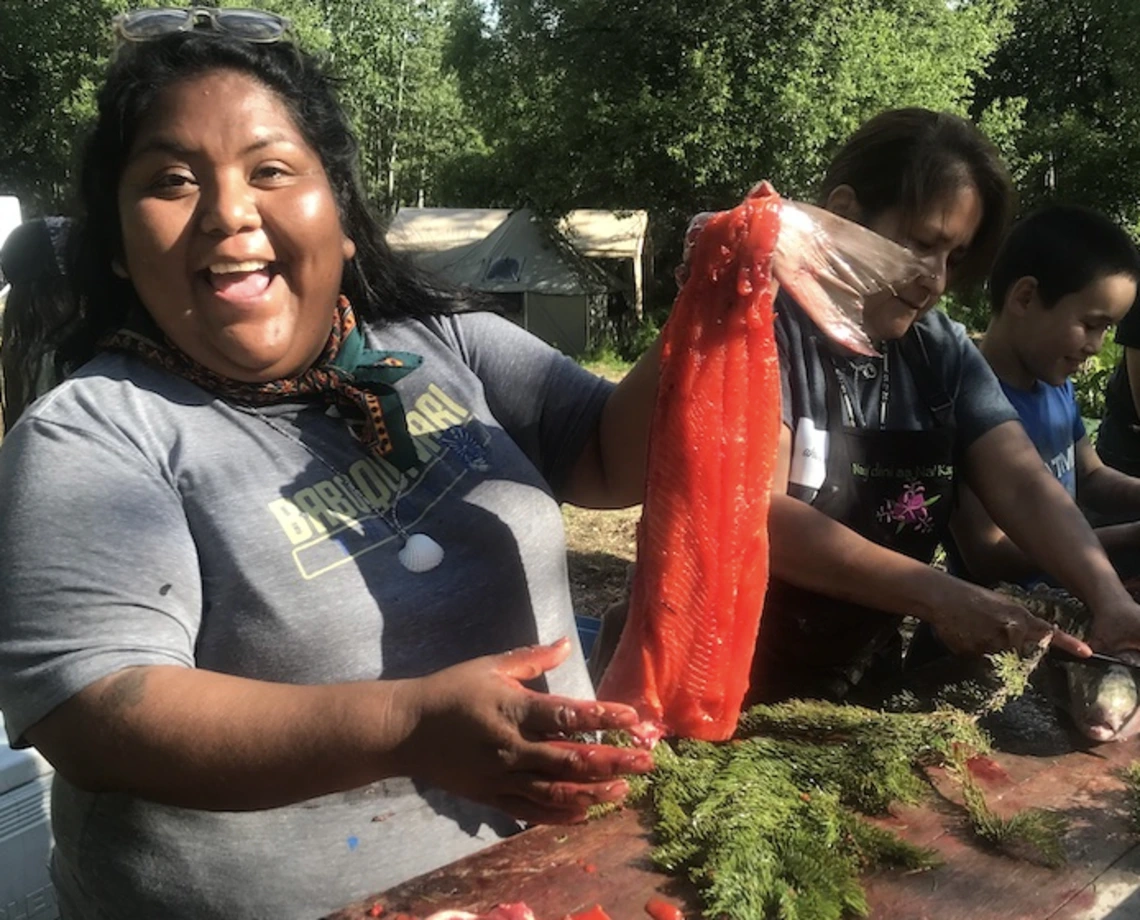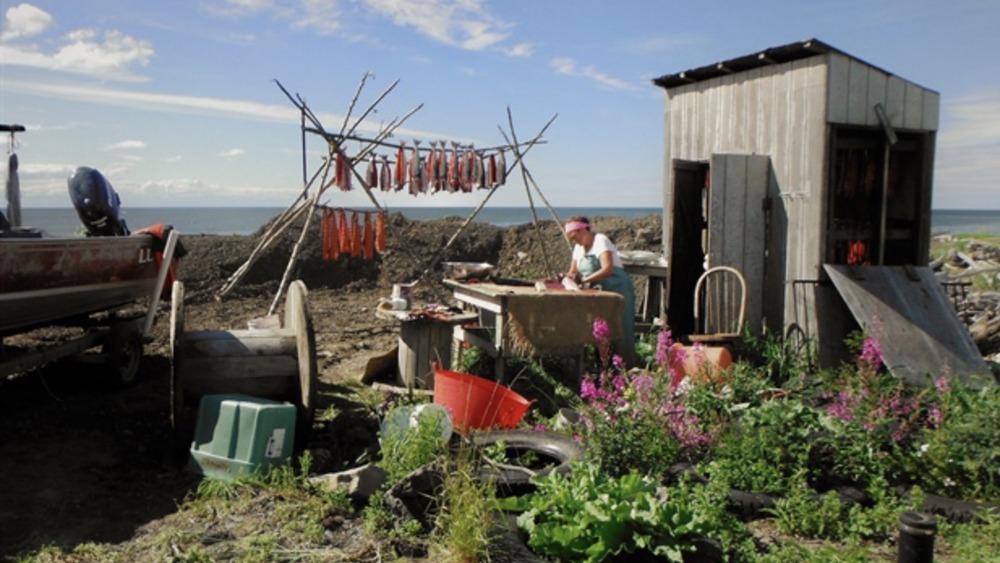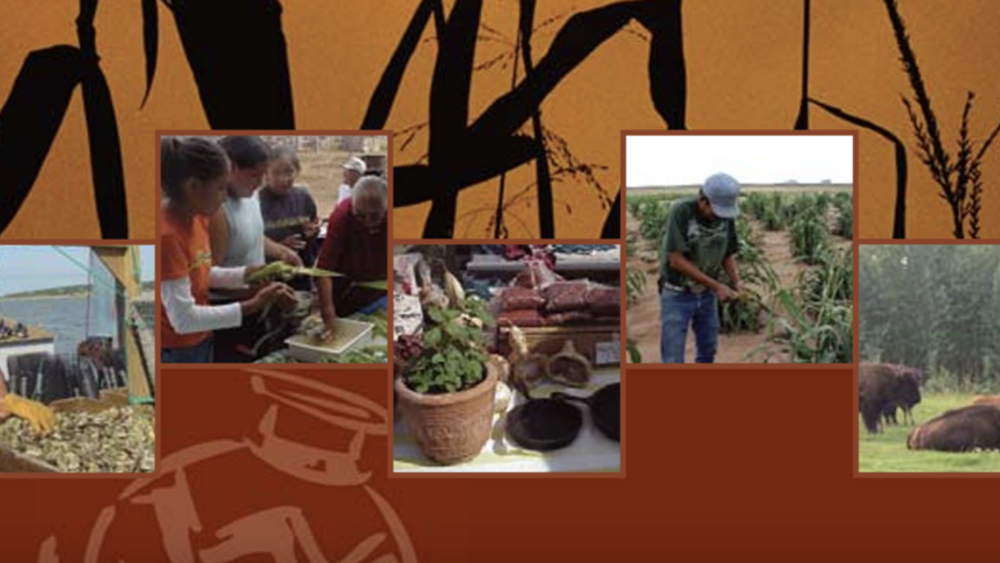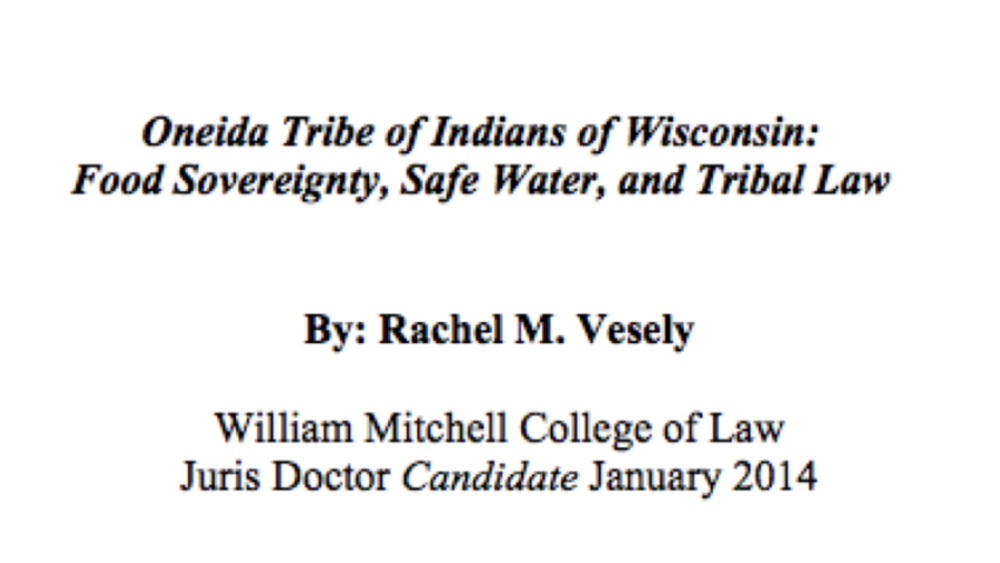On a sunny morning in June of 2019, our hosts at the Athabaskan Nay'dini'aa Na'Kayax' Culture Camp, located near Chickaloon Native Village in south-central Alaska, set up a table near the smoke house and demonstrated how to fillet salmon. It was salmon season in Chickaloon, and young campers were learning how to process fish: how to fillet, smoke, and preserve it in oil. First, children and youth from the camp were given the chance to practice their knife skills, with adults standing behind them and offering encouragement and gentle correction of technique when it was needed. Adults also taught the children Ahtna words (Ahtna is part of the Athabaskan language group) and stories as they prepared the salmon. After the children had all had a turn, camp leaders offered our group of visitors the chance to try. Amy Juan, a member of the Tohono O'odham Nation (located within the Sonoran Desert in south central Arizona) , eagerly stepped forward. "I've always wanted to learn how to fillet fish!" she said, explaining that since she came from a desert people, she had never had the chance to try.
Additional Information
Johnson, N,. Jäger, M.B., Jennings, L., Juan, A., Carroll, S.R., & Ferguson DB. (March 2020). Indigenous Foods Knowledges Network: Facilitating Exchange between Arctic and Southwest Indigenous Communities on Food and Knowledge Sovereignty.” Witness Community Highlights Arcus.org/witness-the-arctic




